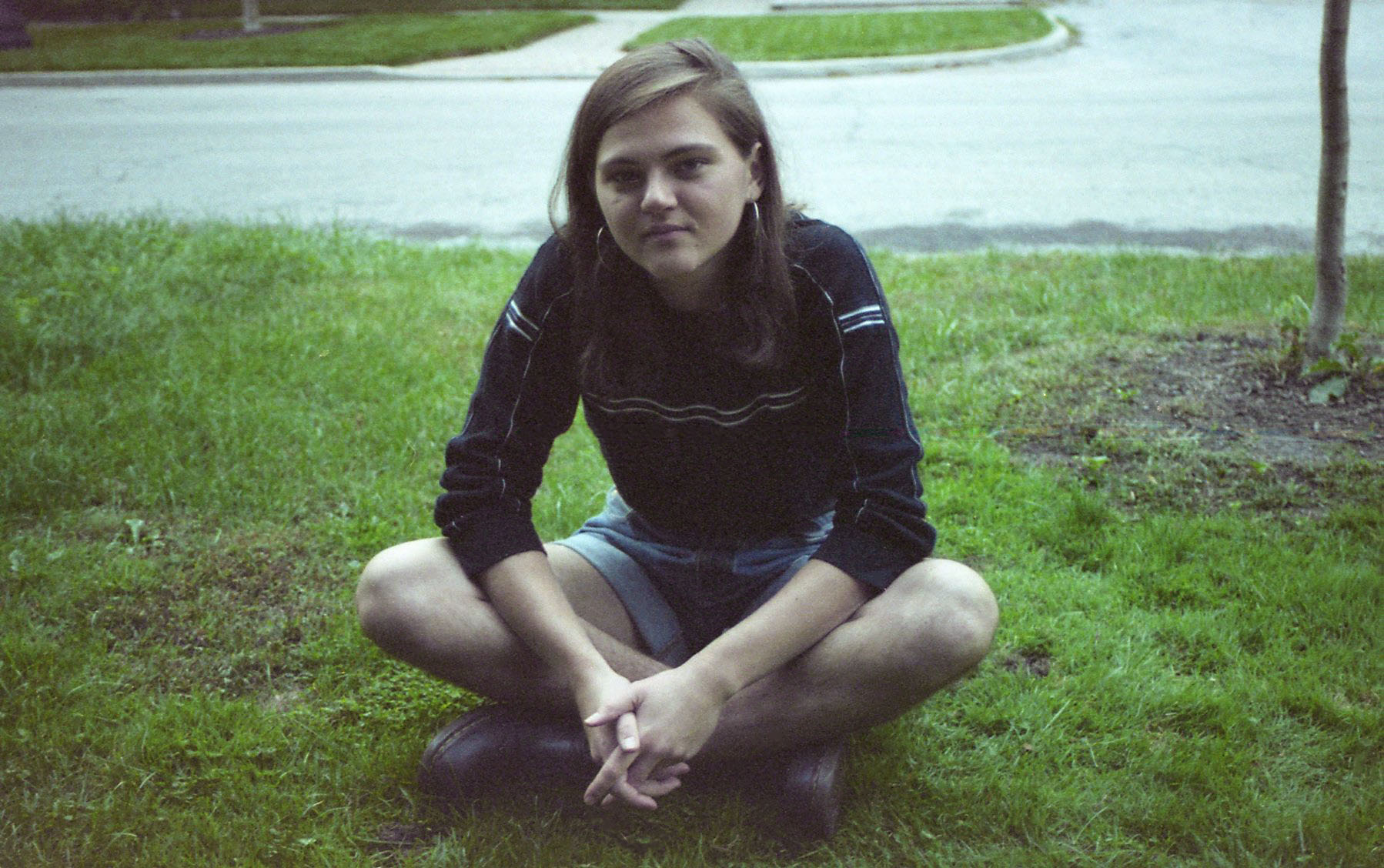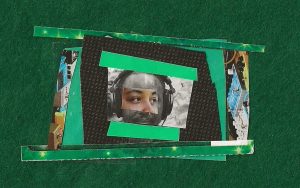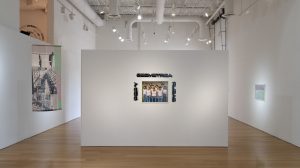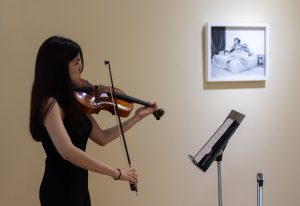Bailey Minzenberger is a Chicago singer songwriter whose music focuses on themes of love, loss, and intense emotion. Their debut EP, “Queen Anne’s Lace,” combines acoustic guitar with hauntingly beautiful lyrics to evoke an intimate listening experience, currently available on Bandcamp. Writer Cecilia Kearney had the chance to talk to Bailey and discuss their relationship with music and identity.
Cecilia Kearney: Lets start with some background; tell me a little bit about yourself.
Bailey Minzenberger: I was born and raised in Evanston and Rogers Park. I haven’t really left the area for an extended period of time, which I would like to change—I am changing, which is exciting. I feel really grateful to have grown up there; Evanston is a really cool place.
I’m currently writing my own music. I would like to [have a] full band, but since it’s just me right now, it’s usually just acoustic guitar and vocals. Usually when I write music, I can hear the entire band in my head as I’m writing, so it’s really cool when I can get a band together. It fully creates something that I can hear in my head.
CK: Have you performed your music with a full band before?
BM: Yeah, I have, and it was beautiful. I just recently started writing my own music, so I usually will play solo. The times that I have played with a full band—to [be able to] collaborate with other people, to see what they bring to the table and bounce off of each other in live settings—have been a totally different experience
CK: What is your music background?
BM: I have a hard time remembering if I started with drums or ukulele first. I started playing drums in the fifth grade. I grew up in a musical household; my dad plays guitar and went to school for music, and he would play music around the house all the time. I remember I was on a camping trip with my family and we were listening to music on the radio (I can’t remember what the song was) when we were driving to a hike. For some reason, the drums just isolated themselves and everything else faded out. It seemed to hit me right in the heart, so from that day on, I decided that I wanted to play the drums. I started playing guitar in the sixth grade, and then bass found its way in there at some point. I started playing bass because a band that I was supposed to play guitar in needed a bass player. I was like, alright, and I switched to bass and learned to play from there. That was really fun and I feel really fortunate for that because it’s one of my favorite instruments to play. I didn’t start writing my own music until last summer when I was 18, which is kind of crazy to me, because I’ve been musically involved since I was about ten—so it took me a while to get there.
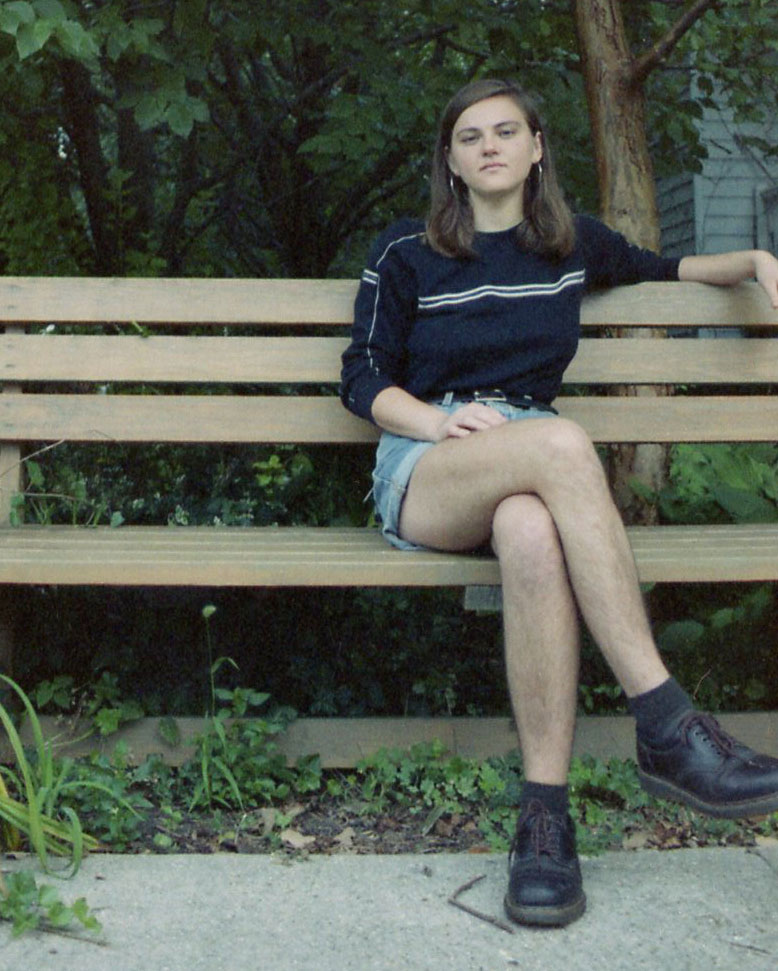
BM: I tend to write about things that feel very intense to me; I step inside of the feeling and write from there. My music tends to be about specific moments, while also describing the emotion broadly. I like to write in a way that’s very personal to me or to someone who knows me well, but can be viewed generally from an outside perspective.
CK: Have you always wanted to play music for a living?
BM: It has always been a dream of mine, but its changed as my own music has evolved. I originally wanted to be a drummer in a pop-rock band, but as I started to find interest in other genres of music, it changed to the vein of funk, R&B, and jam band music. I stayed fairly consistent with wanting to [play music for a living] until I went to school for music. I went to school for jazz performance, which was really intense. I enjoyed it because I got to practice so much and got a lot better, but it sucked the enjoyment [out] of music for me. It added so much stress and pressure to it. I think during that time I started to lean more towards guitar because it was something that felt more like a release and an outlet rather than an obligation, which is why I left school. Your passions shouldn’t feel like an obligation—that defeats the purpose.
I would really love to play my music on tour with a band because I really connect with [this idea]. It sounds so beautiful and so ideal to meet new people, see new things, and share art in different spaces with different people and energies. That’s what I’d like right now.
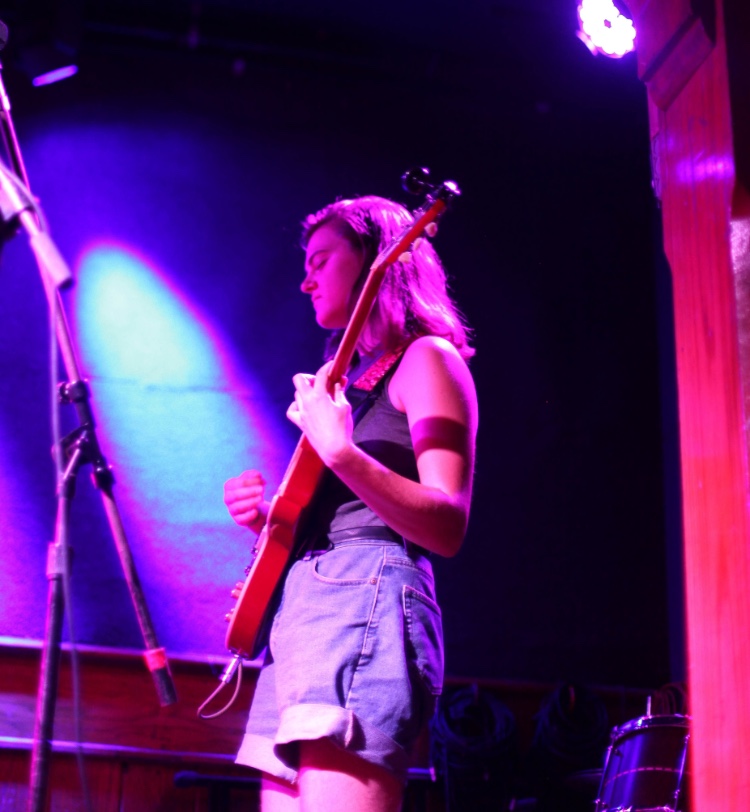
CK: Who are some of your biggest inspirations as a musician?
BM: Haitus Kayote has always been a huge inspiration for me. Music is mainly about emotion, and I tend to gravitate towards music that will make me physically react and evoke emotion. Not only do they do that for me, but also the musicianship of everyone in that group is so impressive. Lyrically, they are very inspirational to me. It’s very poetic. You can say that for a lot of other artists, too, but I just think there’s something really special about Kayote’s writing style. Another big one is Big Thief for the same reasons as Haitus Kayote. It’s really cool to find that same quality of musicianship and emotion in another genre, while not being overly complex. The energy that Bug Thief gives off never fails to make me genuinely feel something. I tend to get more inspired by the emotions that these bands evoke rather than the technicalities within the music. Beach House also [inspires me] for the same reasons. Their music has such an energy to it, which is something that I would like to emulate. I would love to be able to make other people feel how I feel with my music, to create an atmosphere and inspire them to go create something else—whether it be music, art, or just to write something. The group Animal Collective is so wacky and unexpected and always seems to jump out. They challenge me to think in a different way in almost every area of my life—I find myself wanting to go exploring when I listen to them. Music is so important to me because of the range of strong emotions that it can bring up within myself— I find that so beautiful.
CK: You identify as queer and use they/them pronouns. How has your experience as a queer person shaped your music, if at all?
BM: I don’t necessarily write about being queer, but I think my ability to express myself through my music definitely [started] when I began to come out to myself. If I look at the timeline, I came out towards the middle of senior year and started writing my own music the summer after that. I’ve never really thought about it until you asked, but it seems to line up perfectly. I think as I’m becoming more aware and comfortable with myself—knowing what I want and who I genuinely am, and allowing myself to actually feel that—it’s affects my music. There were so many pieces of myself that I was suppressing for so long, and once I [stopped], it just opened up so many doors. While it doesn’t translate directly into the music, I think it is the music.
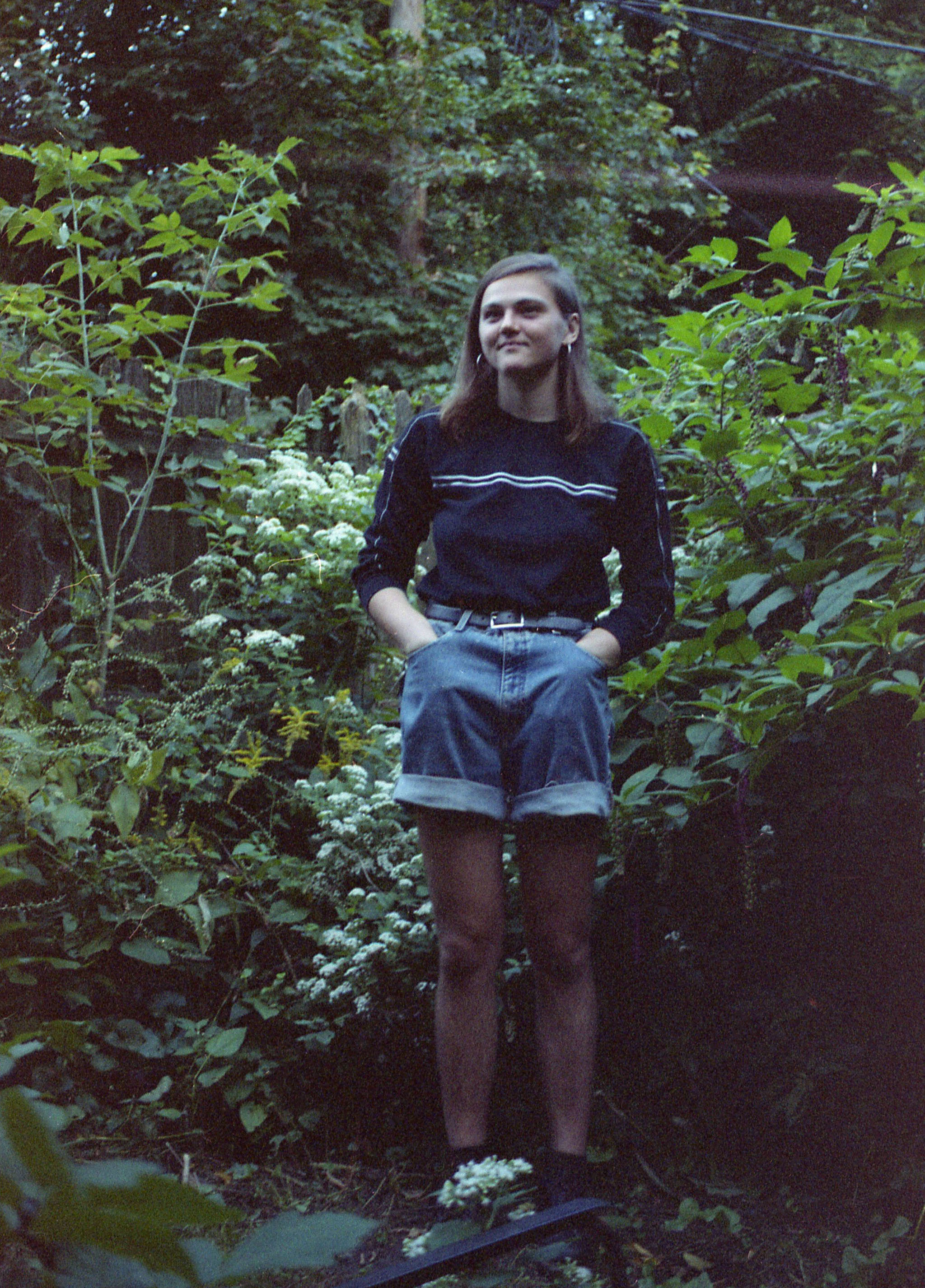
CK: Is there anything you think non-musicians should know about the process of making music and the experience of being a musician?
BM:The only thing that I would say is for audiences to be respectful, especially with smaller [performances]. In my experience playing shows, it’s always rough when you’re playing something that resonates with you really heavily, and then you look up and see that people are talking over you or not paying attention. All that stuff is totally natural and makes complete sense, but having been on both ends of it, I always try to be really attentive when I go to smaller shows. I know a lot of people get really nervous and pour their hearts out on stage.
CK: What is your ideal audience like?
BM: Attentive. I personally get so nervous and I tend not to look up when I perform—which I need to work on—but it tends to make my heart drop when I look up and it looks like people aren’t enjoying it. That’s totally fair if you’re not enjoying it, but that is just how it makes me react. My ideal audience is there to just take in the experience and process if they do or don’t like it.
CK: What are your plans going forward with music?
BM: I’m going traveling—tomorrow, actually. I’m going to be in Seattle and then off-grid in Washington. While I’m in Seattle I want to busk—I want to share experiences with random people walking down the street. I want to play just to keep things going and throw myself out there to see if people enjoy it. When I come back to Chicago, I’m going to record an album at a studio, not in my bedroom like the last album. It’s going to be a full-band album and I’m going to play every instrument myself. After that, I would love to tour my album with a band.
CK: Thank you so much Bailey!
Featured Image: Bailey is sitting on the grass with their legs crossed. They are looking forward at the viewer with their hands folded. Photo by Cecilia Kearney.

Cecilia is a freelance writer and photographer, focusing on up and coming artists in Chicago. She is an English major at DePaul University. She is minoring in photography and her photography projects focus on people and their relationships to the world around them, as well as themes of femininity and the human body.
Cecilia has worked at nonprofits around Chicago and is involved with social justice based groups at DePaul University.
